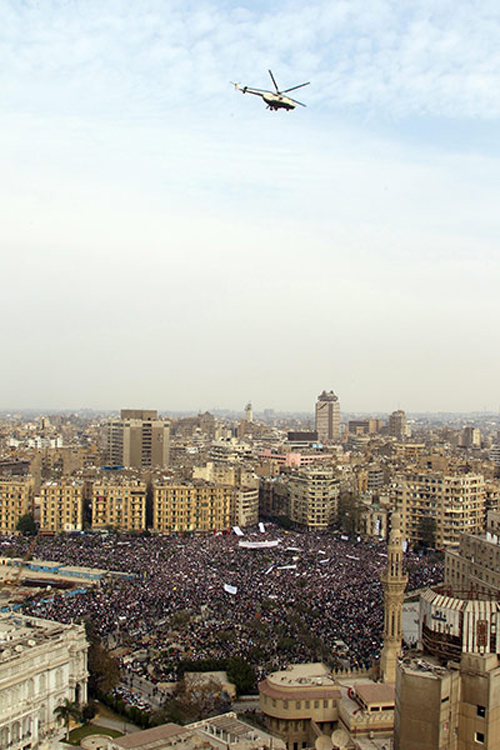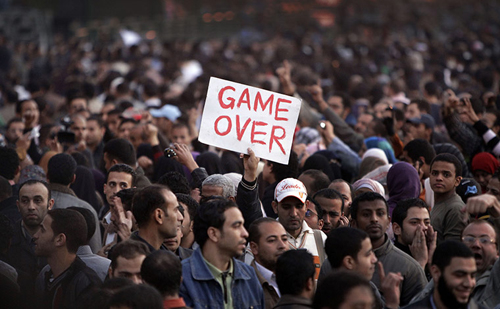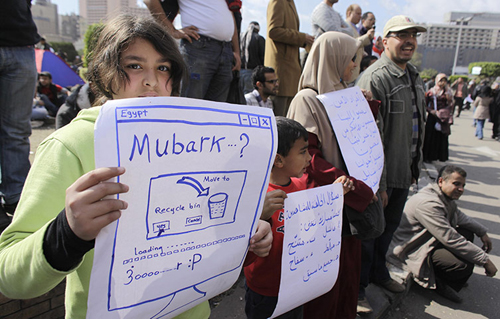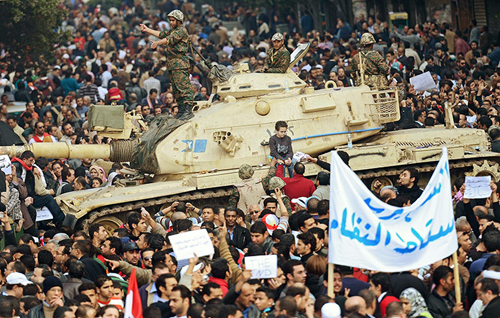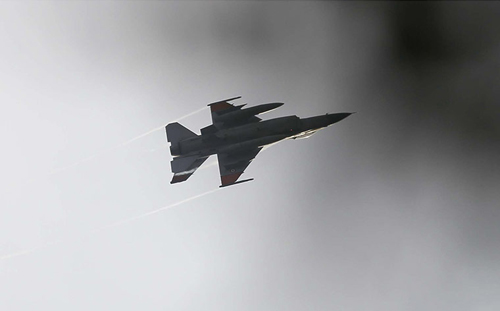
Omar Suleiman, 74 anni, uomo forte e capo dei servizi segreti, è stato nominato vicepresidente egiziano da Mubarak. Il paese non ne aveva uno dal 1981.
Una mossa verso la successione, un scelta che protegge l'alleanza tra regime e esercito. Una figura su cui anche l'Occidente potrebbe contare.
Ian Black ne traccia un profilo sul Guardian.
Omar Suleiman, Hosni Mubarak's intelligence chief, is the keeper of Egypt's and the president's secrets, a behind-the-scenes operator who has been intimately involved in the most sensitive issues of national security and foreign policy for nearly 20 years.
Suleiman's appointment as vice-president carries two highly significant messages: for the first time since coming to power in 1981 Mubarak has a designated successor – finally quashing speculation that it will be his son Gamal; and that successor has the full confidence of the military. Its role will now be crucial as the Egyptian drama unfolds.
Suleiman, 74, is bald and moustachioed and despite his military bearing has a penchant for discreet dark suits and striped ties. Acquaintances often remark on his exquisite manners. In 1995, two years after taking over Egypt's General Intelligence Service (known, as in all Arab countries, as the mukhabarat) he saved the president's life during an assassination attempt in the Ethiopian capital Addis Ababa. He also played a key role in defeating the insurrection mounted by Egyptian armed groups such as Islamic Jihad.
For 30 years before that he served in the army, fighting in Yemen as well as in the 1967 and 1973 wars against Israel, rising to be director of military intelligence. Like many Egyptian officers of his generation he was trained in the then Soviet Union.
In recent years one of Suleiman's biggest preoccupations has been dealing with the volatile Palestinian file, mediating between the western-backed Fatah movement and the Islamists of Hamas – a group with special resonance in Egypt because of its control of the Gaza Strip and their links to the Muslim Brotherhood. He has also been involved in mediation attempts between rebels and the government in Yemen.
Suleiman figures often in US diplomatic cables released by Wikileaks. In a meeting with a US military delegation in April 2009 he explained that "his overarching regional goal was combating radicalism, especially in Gaza, Iran, and Sudan." The US and other western governments will see him as a safe pair of hands. But for how long is impossible to say.
LEGGI ALTRO...

